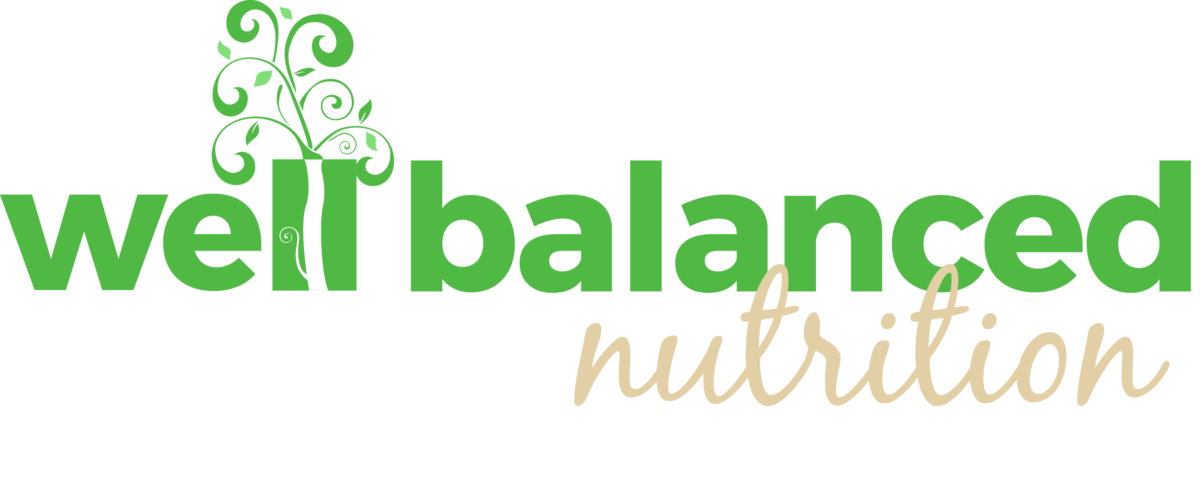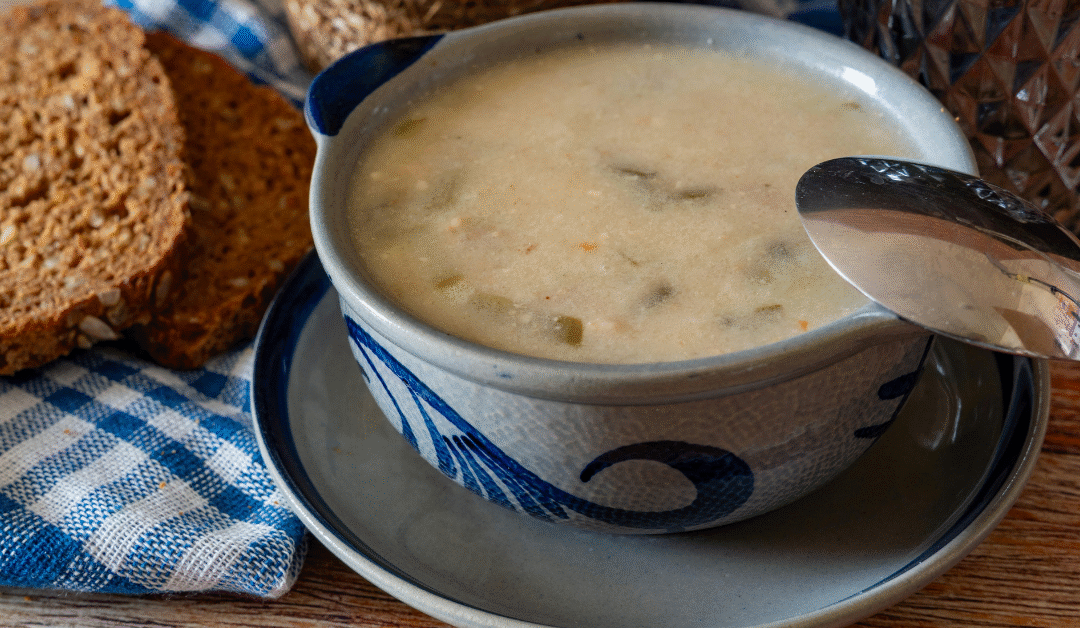Detox is a popular word these days. It often comes along with the promise of weight loss, mental clarity, a clean system and increased energy. Is it legit or is it too good to be true? In this article, you’ll learn the basics of detox, how to support your body’s detox systems naturally, and what a detox plan should and shouldn’t include.
What exactly is detox?
Detoxification, or detox for short, refers to the way we eliminate or neutralize toxins through the colon, liver, kidneys, lungs, lymph glands and skin. It is a very important and normal process in our body that is there for us 24/7.
What are toxins?
Simply put toxins are substances that are poisonous to our bodies. They can come from the environment, the food we eat, and what we put on our skin. They can also be produced inside of our bodies. Tobacco smoke, alcohol, pesticides, BPA, and mercury are just a few common toxins we may be exposed to regularly.
It’s In Our Genes
Everyone’s body is unique in how efficiently it clears toxins and this depends on our genes. Most of us can get rid of toxins effectively and efficiently, while others may have less efficient systems.
What can I do to help my body get rid of toxins?
It is wise to support your body’s detox system by limiting your exposure to toxins and making food and lifestyle choices that support the body’s detox efforts.
Natural Ways to Support Your Detox System
Luckily, we don’t need to do anything really drastic like a colon cleanse or a juice detox to feel good and support our detox pathways. Our organs are most likely doing a great job eliminating anything our bodies deem dangerous. We CAN make their job a little easier though. Here are a few ways to do that.
- Avoid potentially carcinogenic compounds to reduce chemical load.
- We are exposed to 100,000 to 200,000 chemicals routinely so it is not realistic to think we can eliminate our exposure to ALL toxins. We can, however, make several small choices that will help such as using glass rather than plastic, buying food from farms that limit their pesticide use, and carefully choosing our seafood to avoid too much mercury.
- Exercise and sweat. While sweating won’t eliminate all your toxins, a small number of water-soluble toxins can come out when you sweat. This is just another great reason to move our bodies!
- Regular bowel movements can keep toxins moving along.
- Getting adequate fiber intake through plant foods and drinking plenty of water are critical steps you can take to allow your body to eliminate toxins.
- Eat legumes & fermented foods to support the gut microbiome, which plays a role in the detoxing process.
- Eat fruits and vegetables 5 times a day. Consume a variety to benefit from a diverse amount of antioxidants. A few great choices for detox purposes:
- Beets
- Avocados
- Broccoli, Kale, Cauliflower
- Lemons and other citrus fruits
- Berries
Is a Detox Diet Safe?
We understand the desire to start over with a clean slate and refocus your food choices at times. However, it doesn’t require a strict detox plan or starvation to start fresh and feel better. In fact, detox plans that call for fasting can be harmful to some people with medical conditions.
If your habits aren’t serving you well, it is always best to address the underlying problem with one of your friendly nutrition coaches or your doctor. Taking it one step at a time is often much more conducive to creating a healthy habit than eliminating several foods at once as a detox program might call for.
Be wary of the detox diet if..
- It promises to flush out the toxins. This is worrisome because you may also be flushing out healthy gut bacteria that you need. Remember your body has a great system already in place for ridding itself of toxins and there are several natural, gentle ways to support it.
- It promises weight loss. Yes, you will lose weight but the promise is not for sustainable weight loss and most of it will be water weight. There is a very slim chance that the weight will stay off once the detox is done unless you work on your habits after the detox.
- It’s extreme. You always need to be careful with plans that include fasting or drinking only juice/water.
- It seems like a quick fix. We know that there is no such thing. Trust us, we wish we could offer a quick fix, but it’s just not possible. If it sounds too good to be true, it probably is.
- It uses laxatives. A laxative regimen can cause dehydration, deplete electrolytes, and interfere with normal bowel function.
- It’s for the wrong reasons. If you think you need to punish your body, cleanse your body or undo bad habits, let us be the first to tell you that a strict detox is not the answer.
A Reasonable Detox Plan
A reasonable detox plan will include satisfying and nutritionally balanced meals, plenty of liquids, and a focus on nutrient-dense whole foods like fruits, vegetables, nuts, seeds, and beans. The goal might be to replace all processed foods with more natural foods and limiting or avoiding things like soda, chips, candy, etc. It may also encourage fasting for 8-14 hours overnight to allow your body to digest, rest, and work its wonders. These are all reasonable ways to support a healthy detox system and a healthy body.
Bottom Line
The body’s detox systems are designed to fight off most environmental insults and the effects of the occasional over-indulgence. If you’re generally healthy, we recommend directing your efforts toward giving your body what it needs to maintain its amazing self-cleaning system — a well-balanced diet, plenty of fluids, regular physical activity, and sufficient sleep.



